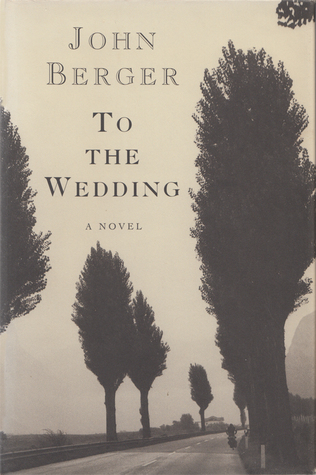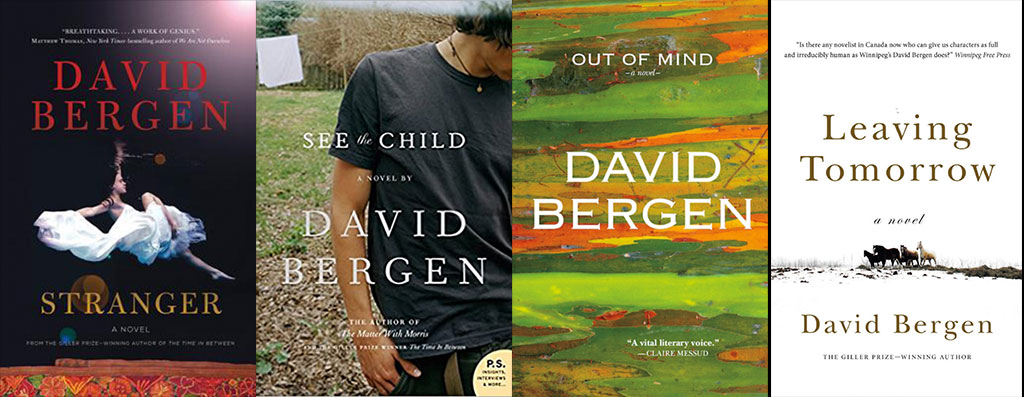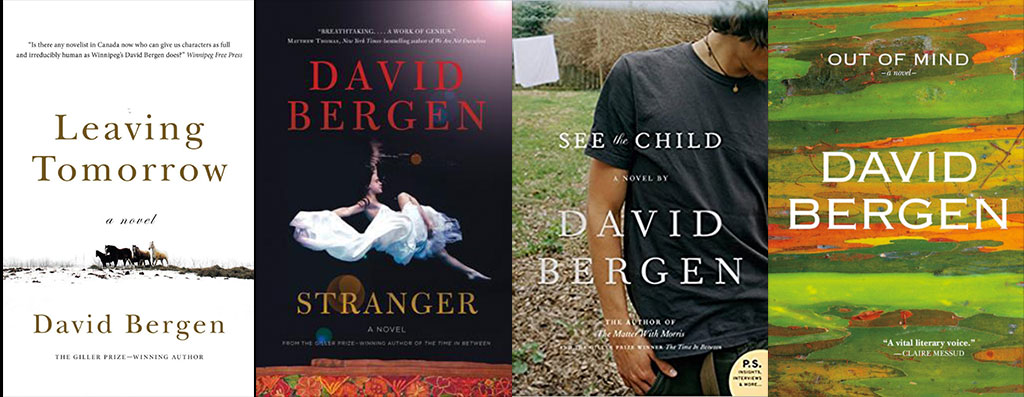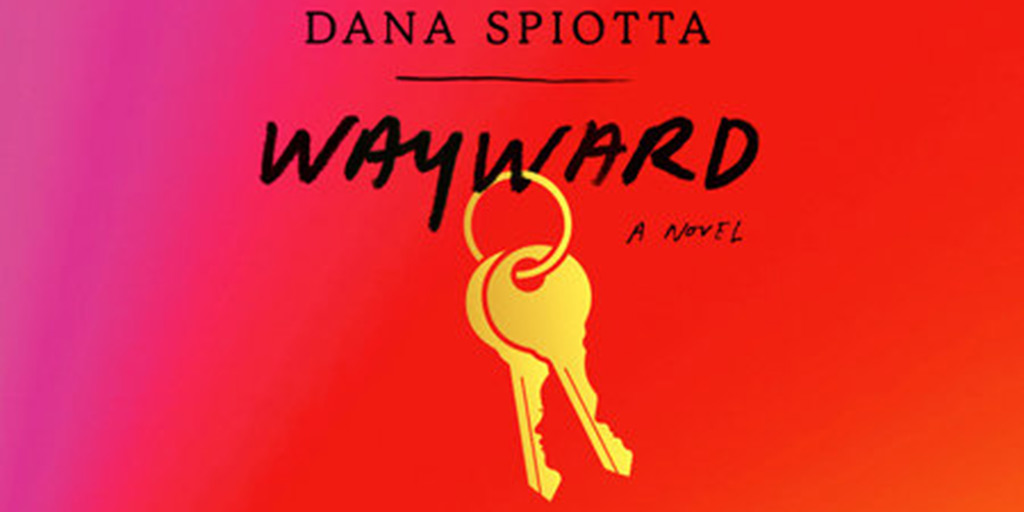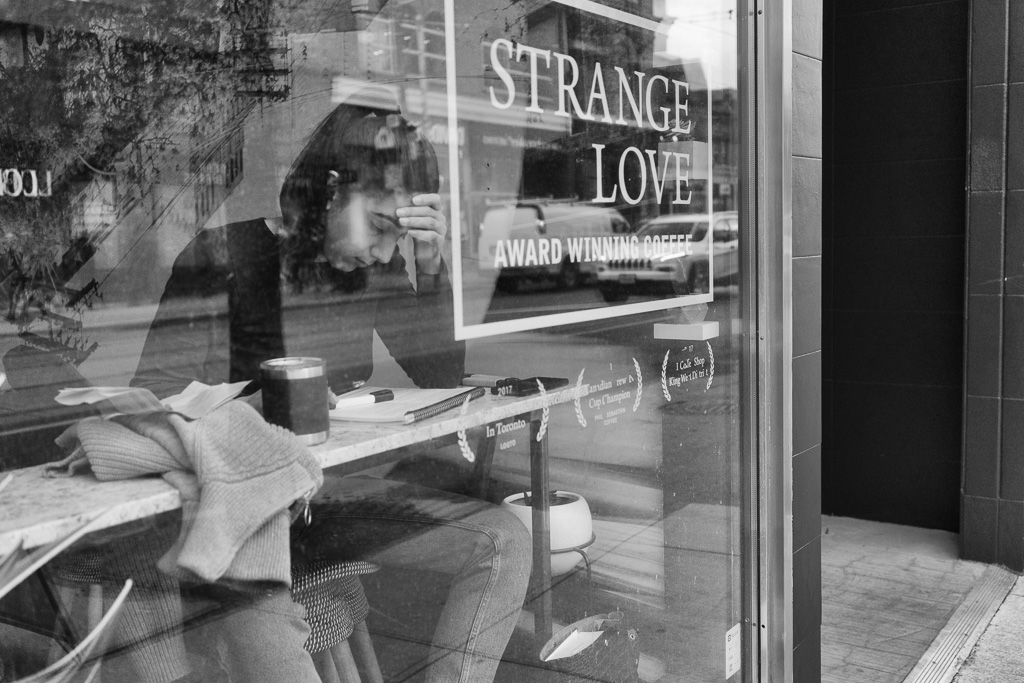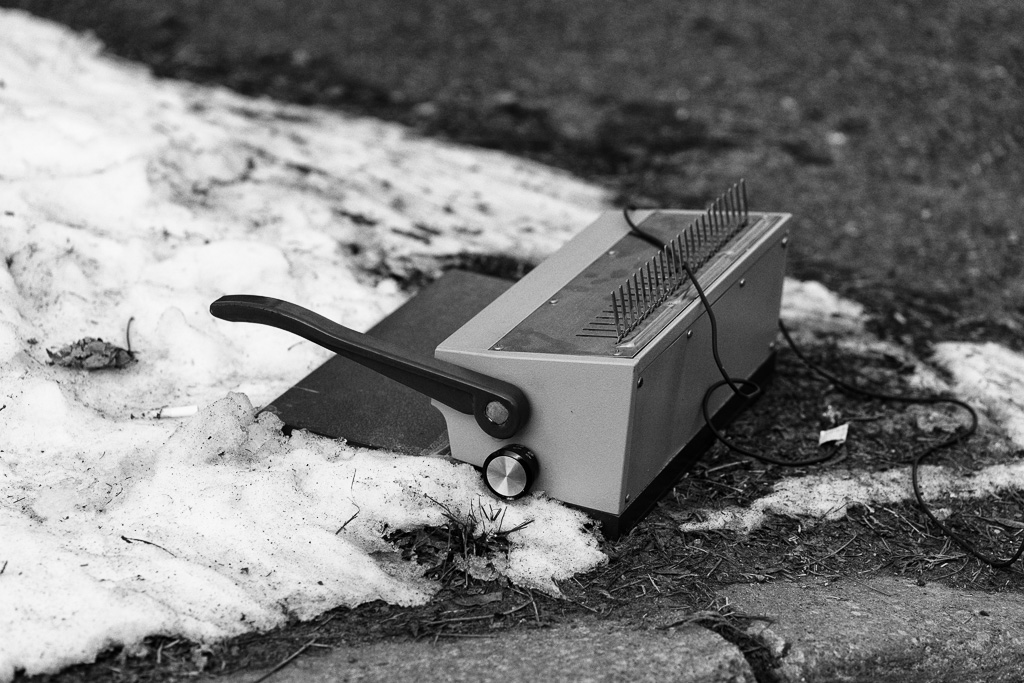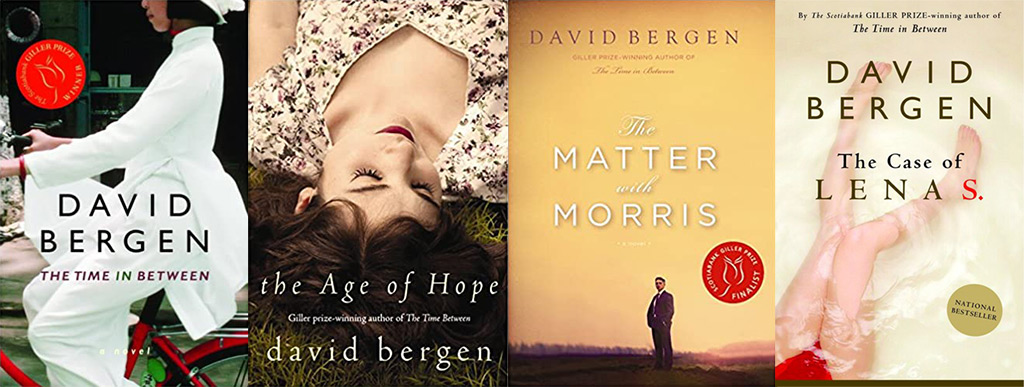My reading life is full of coincidences. Last month I read The Old Curiosity Shop. A month later, I find myself reading what I take to be Charles Dickens time-traveled and teleported into 21st century North Carolina. What that means is that, while Delia Owens’s Where the Crawdads Sing is a good novel, it doesn’t…
Tag: Review
Pale Rider & The Pull of the Stars: Two Books on the Spanish Flu
Pale Rider: The Spanish Flu of 1918 and How it Changed the World, Laura Spinney (London: Vintage, 2017) The Pull of the Stars, Emma Donoghue (Toronto: HarperCollins, 2020) Published in 2017, Laura Spinney’s historical investigation of the 1918 pandemic could not have anticipated what was to follow in three years. And yet Spinney notes that…
To The Wedding, by John Berger
Berger’s writing has a quality about it that I call opacity. It is language that conceals as much as it reveals. It is the opposite of hashtag writing or search engine writing, irreducible in a way that algorithms can never parse.
Making Poetry in a Pandemic: We Are One
When I cracked open the book and started in on George Melnyk’s forward, I was a bit startled to read his confession that “[t]his book contains poems of great sophistication and it also contains doggerel.”
Book Review: Black Paper, by Teju Cole
This is a collection of short pieces—a follow-up act to Known and Strange Things—organized around the three pieces which form the Berlin Family Lectures. It’s natural, when reading a collection of disparate pieces, to seek for a sense of coherence, thematic threads that you can draw from cover to cover (apart from the obvious thread…
Four More Novels by David Bergen: Out of Mind
More than 10 years after the publication of The Matter with Morris (2010), David Bergen has revisited the characters from that slender novel to create a slender companion, Out of Mind. Taken together, the two novels offers us a single substantial portrait of middle-class life in the early 21st century.
Everybody: A Book About Freedom, by Olivia Laing
Olivia Laing begins by posing questions and conducts a meandering investigation, associative in approach and aleatory in feel, that is not driven by pre-determined suppositions she feels compelled to prove but instead is lured on by a restless intellectual curiosity.
Four More Novels by David Bergen: Stranger
In a time when the Black Lives Matter movement and anger around Residential Schools have thrust issues of identity and histories of colonial oppression into the foreground of public conversation, the question arises as to the function of the arts in this regard. Are the arts yet another forum for public conversation? If so, who gets to speak? And what are the rules?
Four More Novels by David Bergen: See The Child
See The Child falls squarely within the commercial realist fold, and David Bergen is one of its great stylists.
Four more novels by David Bergen: Leaving Tomorrow
Leaving Tomorrow, David Bergen (Toronto: HarperCollins), 2014. I am a proposer of projects aimed at answering arcane questions but, because of their arcaneness (arcanicity?) and because they would require more time of me than I have lifetimes to give, most of my projects go unprojected. One such project is to conduct a novel census. Create…
Book Review: Wayward, by Dana Spiotta
Spiotta has created not a novel so much as a record of the American zeitgeist with its strange mix of idyllic New England towns and protofascist MAGA mobs, its glorious universities and rampant anti-intellectualism, its shining democratic institutions and its racist trigger-happy police.
Book Review: Big Reader: essays, by Susan Olding
A writer’s experience shapes her work; it cannot be otherwise. But inevitably that experience happens in the context of personal relationships. In terms of privacy, what does a writer owe to the other people in those relationships. If a right to privacy were absolute, no one could ever write anything.
Book Review: In Memory of Memory by Maria Stepanova, Translated by Sasha Dugdale
Stepanova celebrates the commonplace, whether she finds it in the stories of the people she remembers, people who never make it into history books or bear honorific titles or even professional designations, or in the objects she examines which are never the pristine articles that find their way to glass cases in museums but are the worn out items of daily usage.
Revisiting Nadine Gordimer’s Novel, Get A Life
We watch discrete acts of consciousness unspooling themselves on every page. Like you and me in mid-thought, there is less attention to grammatical propriety. Instead, we have choppy bits. Subjects gone missing. Or implied. More fidelity to emotional states and to memory than to the logic of algorithmic prose.
Four Novels by David Bergen: The Case of Lena S
Bergen is willing to investigate the quiet moments that stitch together experience while eschewing the tendency to give greater weight to the momentous events.


